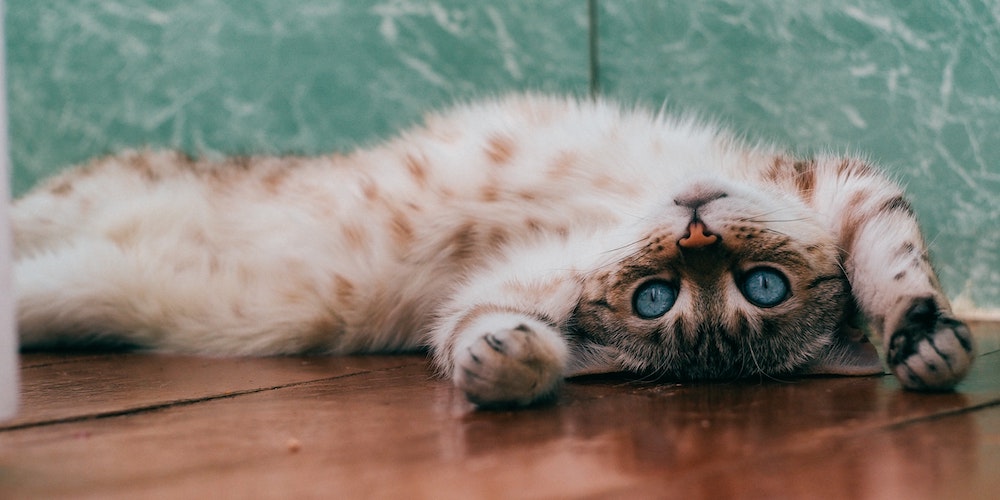Seizures in cats are often caused by abnormal activity in the brain and can be scary for any owner to witness, yet they’re not always an emergency. It is usually a symptom of disease within the brain and can be accompanied by some common symptoms.

The symptoms associated with seizures in cats can vary depending on the severity of the disease. These are some signs that you should be aware of.
After any episode, it is recommended that you take your cat to your vet for a check-up and diagnosis.
Seizures in cats often occurs when its brain activity changes, such as feeding, waking up, falling asleep or in times of excitement.
There are two main causes of seizures in cats. Intracranial which is caused within the skull, and extracranial, outside of the skull.
Intracranial Causes
Intracranial seizures are structural diseases within the brain and include a tumour, inflammation of the brain, an infection, brain malformation, head trauma, a stroke or brain parasites.
Extracranial Causes
The most common causes of extracranial seizures in cats are liver or kidney disease, incorrect flea or tick products, toxins, poisons, heatstroke, infectious disease, high blood pressure or diabetes.

Treatment of seizures in your cat depends on any underlying diseases and how often your cat has episodes. If seizures are rare, your cat may not require treatment, however if seizures occur more than every six to eight weeks, then treatment may be necessary. Treatment might not always prevent seizures, however it can reduce them and help to improve your cat’s quality of life.
If your cat is having seizures, it is important to speak to your vet as soon as possible for diagnosis and treatment. If you have any questions or concerns regarding your cat’s health, feel free to contact Karingal Vet Hospital on (03) 9789 3444 or book an appointment today.